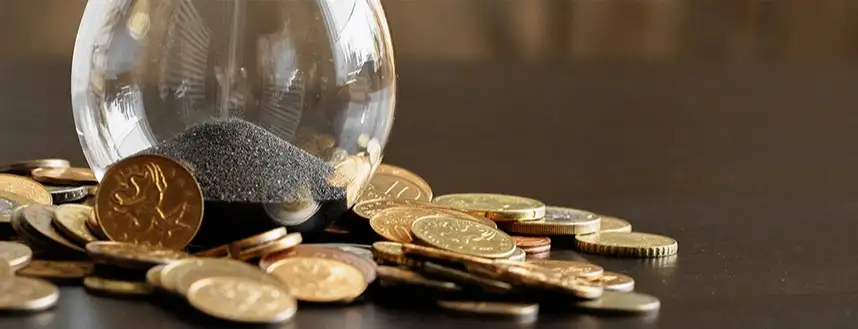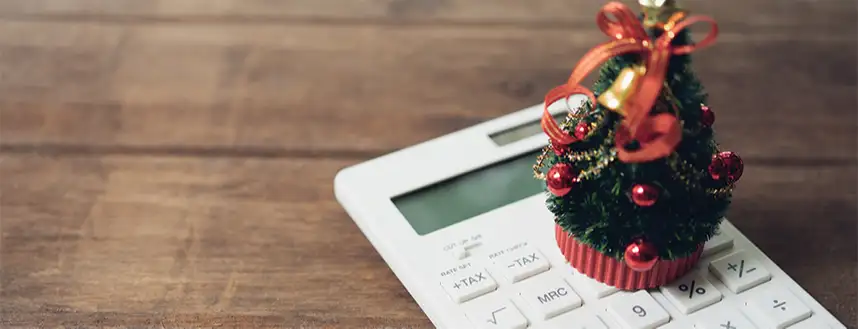What’s the future form of money?

We all desire money and the concept of it is actually quite intriguing. Don’t worry, we are not about to bore you, we’ll keep it simple, exciting, and easy to understand.
Let’s start off with this interesting fact; Did you know that the Mesopotamian shekel was the first known form of currency? It emerged nearly 5,000 years ago. Money as we know it is considered to be a store of value, a unit of account, and a medium of exchange. It is simply a verifiable record or rather what we use to accept payments for goods and services rendered. Throughout history, the concept, usage, and form of money have evolved over time. In ancient times, people directly exchanged goods and services through barter trade or exchange. Here, money was considered to be a commodity. Then came the discovery of Gold and Silver coins dating back to around 650 to 600 B.C. This form of money became such a huge hit because it was more portable, durable, retrievable, countable, could be inherited and could be measured. Could the coins be counterfeited? Yes! However, through Archimedes' principle, coins could be tested for their fine weight and the true value would be established.
In as much as coins were a huge milestone, they were quite cumbersome in large quantities, and once again a transition happened - paper money. According to the Guinness World records, the earliest forerunner of today's banknotes was the "Flying Money" used by wealthy merchants and government officials in Tang Dynasty China (AD 618–907). This form of money in economic terminology is considered a ‘legal tender because it is literally legally tendered or issued by the monetary authority or central bank of a nation.
Paper money then evolved to credit money – a financial instrument that was designed to be paid back over an agreed period of time. In other words, the monetary value of credit money is debt. Did you know that the earliest modern thinker to formulate a credit theory of money was Henry Dunning Macleod (1821-1902)? Brilliant mind indeed! Commerce and taxation created obligations between parties which were forms of credit and debt. In this modern-day, there are numerous solutions that take the form of money. There are letters of credit, trade finance, asset finance, and so many other numerous lending products.
The evolution has now transitioned to plastic money, from the 1920s. As we all know, plastic money is an improvement over the traditional banking system because it has reduced the cost of transaction processing, improved payment efficiency, financial services, and the banker-customer relationship. (Sathye, 1999). We now have numerous forms of plastic money in the form of credit, debit, smart and prepaid cards. Speaking of which, we understand that your lifestyle is changing and have just the solutions for you! Explore our one-stop shop to all these forms of cards to fit your financial/lifestyle needs and to carry with you wherever you go: https://www.imbank.com/personal/cards This form of money quote relates with our current lifestyle needs.
In our current contemporary world, the concept of money raises a complex question - Is money tangible or intangible? What do you think? Well, the true definitive form of money remains a blur especially now that we are headed to a cashless future. There are other diverse/speculative forms of money such as cryptocurrencies - binary data designed to work as a medium of exchange, that is slowly gaining popularity. There are also other forms of upcoming forms of digital currencies and fintech that we may not even be aware of.
Money shapes economies, economies shape nations, nations shape history. It follows that the future of money is profoundly important. - Mark Carney. So where are we headed? In an article by Eswar Prasad Tolani Senior Professor of Trade Policy at Cornell University, Money and finance are on the verge of dramatic transformations that will reshape their roles in the lives of ordinary people. We think we’ve seen financial innovation. Prasad foresees the end of physical cash. The world of finance is at the threshold of major disruption that will affect corporations, bankers, states, and indeed all of us. The transformation of money will fundamentally rewrite how ordinary people live.
Since we are talking about money, there are so many investment options such as custody and investment services, stocks, shares, unsecured bonds, wealth management, etc. It is therefore important to understand how money works in these various forms in order to make the best and informed investment decision. As the smart human that you are, only invest in what you understand.
No matter what, We Are On Your Side!








